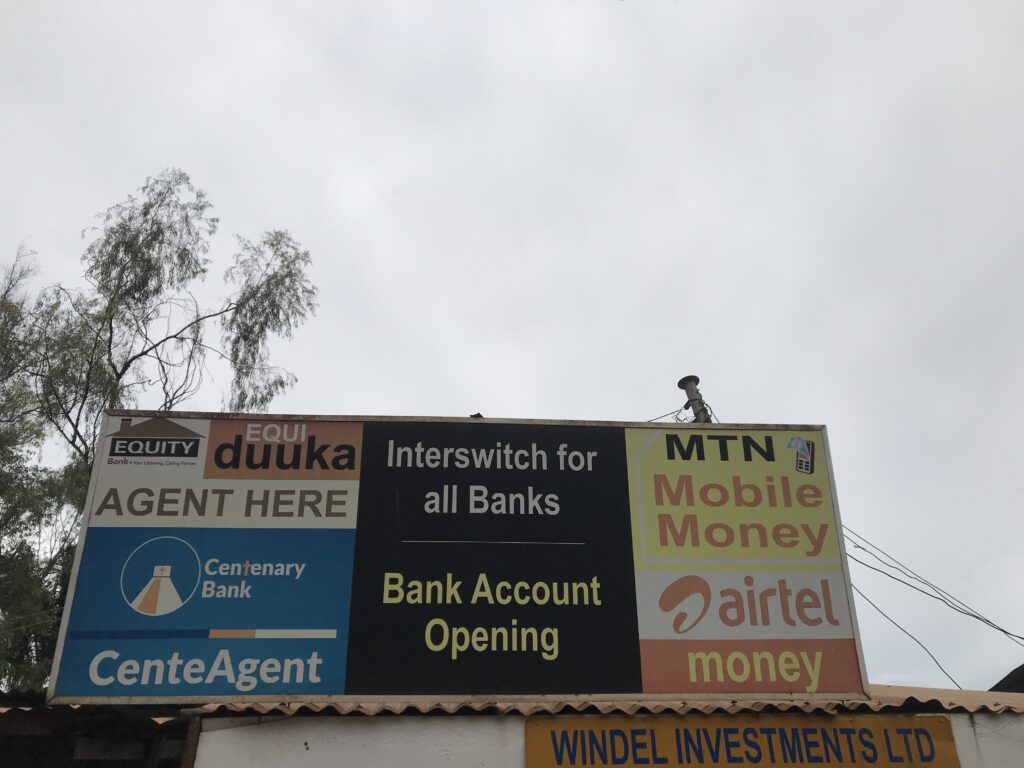By Aulah Najjuuka
In Uganda, the banking sector is experiencing a significant transformation, thanks to the integration of technology. With the advent of digital banking solutions, traditional banking practices are evolving rapidly, offering customers more convenient and accessible options for managing their finances.
One notable advancement is the rise of mobile banking services, which have gained widespread popularity across the country.
Mobile banking allows customers to perform a variety of transactions, including cash transfers, bill payments, and account management, directly from their smartphones.
This convenience has revolutionized the way Ugandans interact with their banks, reducing the need to physically visit the different branches.
Furthermore, the introduction of mobile money services has played a pivotal role in expanding financial inclusion in Uganda. With services like MTN Mobile Money and Airtel Money, individuals can deposit, withdraw, and transfer money using their mobile phones, even in remote areas where traditional banking infrastructure is limited. This has empowered millions of Ugandans, particularly those in rural communities, to participate in the formal financial system and access essential financial services.
Kakooza Windel is one of the people who provide mobile money and online banking services in Uganda. Christian University says that on top of easy access to financial services, technological integration in the banking sector in Uganda has provided employment to many youth countrywide. “We have been able to start up businesses; for example, I was able to start up “Windel Investments,” and I have employed my brother to work with me. This enables us to earn some good money and uplift our standards of living.”
Moreover, the adoption of digital payment solutions such as contactless cards and online payment platforms like MOMO Pay and AirtelMoney Pay has transformed the way transactions are conducted in Uganda. Merchants and consumers alike are increasingly embracing cashless payments, citing security, convenience, and efficiency as key benefits. This shift towards digital payments has not only reduced reliance on cash but has also fostered a more transparent and efficient economy.
Nakamatte Florence, a student at UCU, also salutes technology for making banking and the exchange of funds easy. ”At the moment we are in our reading week preparing for exams, but instead of going to the bank and wasting time in line, I just come here to these agents and I bank my tuition balance and also save myself time to read and prepare with my classmates.”
In addition to enhancing the customer experience, technology has also enabled banks to streamline their operations and improve efficiency. Automated processes, such as online account opening and loan applications, have simplified bureaucratic procedures, reducing paperwork and processing times. This has allowed banks to allocate resources more effectively and focus on delivering better services to their customers.
Despite these advancements, challenges remain, including cybersecurity threats and digital literacy barriers.
As the banking sector continues to digitize, there is a pressing need for robust cybersecurity measures to safeguard customers’ sensitive information and prevent fraudulent activities. Additionally, efforts to enhance digital literacy among the population will be crucial in ensuring that all Ugandans can fully benefit from the opportunities offered by technological advancements in banking.
Technology is revolutionizing the banking sector in Uganda, driving innovation, expanding access to financial services, and improving efficiency. With continued investment in digital infrastructure and concerted efforts to address challenges, the future of banking in Uganda looks increasingly promising, with technology at the forefront of driving positive change.


